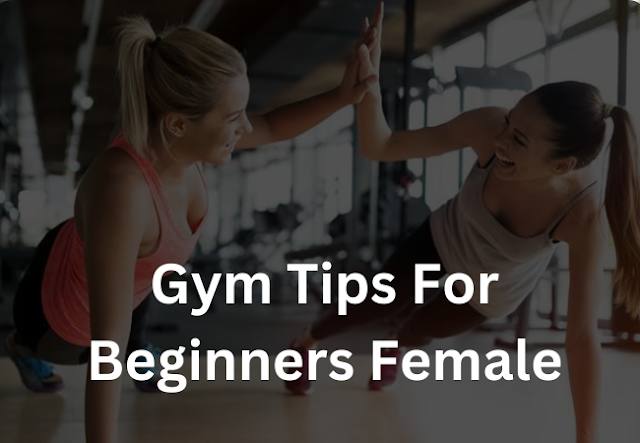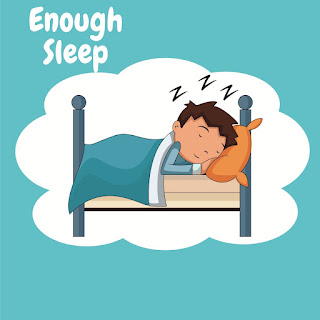There are 5 tips to improve health which are as follows
- Focus on whole foods: Choose foods that are minimally processed and in their natural state, such as fruits, vegetables, whole grains, and lean proteins.
- Eat a variety of foods: Eating a variety of different foods can help ensure that you are getting all the necessary nutrients your body needs.
- Limit processed foods: Processed foods are often high in salt, sugar, and unhealthy fats, which can be detrimental to your health.
- Include lean proteins: Choose lean proteins, such as chicken, fish, beans, and tofu, to help build and repair tissues in your body.
- Eat healthy fats: Healthy fats, such as those found in nuts, seeds, and olive oil, can help reduce inflammation and improve heart health.
- Limit added sugars: Too much-added sugar can contribute to weight gain and other health problems, so try to limit your intake.
- Drink plenty of water: Staying hydrated is important for overall health, so aim to drink at least 8 glasses of water a day.
- Pay attention to portion sizes: Eating too much, even healthy foods, can lead to weight gain, so pay attention to portion sizes.
Remember, a healthy diet is just one part of a healthy lifestyle. Also be sure to exercise regularly, get enough sleep, and manage stress to help maintain optimal health. We are telling you the best way 5 tips to improve health
This is also 1 of 5 tips to improve health Please read carefully Exercise regularly
Regular exercise is an essential part of maintaining good health. Being physically active can improve your brain health, help you lose weight, lower your risk of disease, strengthen bones and muscles, and improve your ability to perform daily activities. Capacity can be improved. 5 Tips to Improve Your Health Here are some suggestions for making exercise a part of your daily routine:
- Find activities you enjoy: Choose activities that you enjoy, such as dancing, swimming, or hiking, to make exercise more enjoyable and sustainable.
- Aim for at least 150 minutes per week: The Centers for Disease Control and Prevention (CDC) recommends that adults aim for at least 150 minutes of moderate exercise or 75 minutes of vigorous exercise each week.
- Mix it up: Incorporate a variety of different types of exercise, such as cardio, strength training, and flexibility exercises, to work for different muscle groups and keep things interesting.
- Set realistic goals: Set realistic goals that are achievable and track your progress to help stay motivated.
- Make it a habit: Schedule exercise into your daily routine, and make it a habit, just like brushing your teeth or taking a shower.
- Stay active throughout the day: Look for opportunities to stay active throughout the day, such as taking the stairs instead of the elevator or going for a walk during your lunch break.
Remember, even small amounts of exercise can have significant health benefits, so don't worry if you can't commit to a full workout every day. Just aim to move your body in some way every day, and gradually increase your activity level over time.
Get enough sleep:
Getting enough sleep is essential for maintaining good health. It's important to get enough sleep. Sleep helps keep your mind and body healthy. Here are some tips for improving your sleep habits:
- Stick to a consistent sleep schedule: Try to go to bed and wake up at the same time every day, even on weekends.
- Create a relaxing bedtime routine: Develop a relaxing routine to help you wind down before bed, such as taking a warm bath, reading a book, or practicing meditation.
- Create a sleep-conducive environment: Make sure your bedroom is cool, dark, and quiet, and avoid using electronic devices in bed.
- Limit caffeine and alcohol: Avoid consuming caffeine and alcohol close to bedtime, as they can disrupt your sleep.
- Stay active during the day: Regular exercise can help improve sleep quality, but avoid exercising too close to bedtime.
- Avoid large meals and drinks before bedtime: Eating a large meal or drinking too much before bedtime can make it harder to fall asleep.
- Manage stress: Find healthy ways to manage stress, such as meditation, deep breathing, or journaling, to help you relax before bed.
Remember, everyone's sleep needs are different, but most adults need 7-8 hours of sleep per night to function at their best. If you are having trouble sleeping or have persistent sleep problems, talk to your healthcare provider for advice.
Pay attention to portion sizes:
Paying attention to portion sizes is an important part of maintaining a healthy diet. Here are 5 health improving tips and one suggestion for controlling portion sizes:
- Use smaller plates: Using smaller plates can help make portions look larger, which can help you feel more satisfied with smaller amounts of food.
- Measure serving sizes: Use measuring cups or a food scale to measure serving sizes, especially for calorie-dense foods like nuts, cheese, and oils.
- Practice mindful eating: Pay attention to your body's hunger and fullness cues, and try to eat slowly and without distractions to help you tune into your body's needs.
- Be mindful of restaurant portions: Many restaurants serve oversized portions, so consider sharing a meal or taking half of it home for later.
- Choose nutrient-dense foods: Choose foods that are high in nutrients and fiber, such as fruits, vegetables, whole grains, and lean proteins, to help you feel full and satisfied.
Remember, portion sizes may vary depending on your individual needs and activity level, so it's important to listen to your body and adjust your portions accordingly.
Healthy Food
There are many healthy foods that can provide your body with essential nutrients and support overall health. Here are some examples of 5 tips to improve health with healthy foods:
- Fruits and vegetables: These foods are high in fiber, vitamins, and minerals and can help reduce the risk of chronic diseases. Aim for a variety of colors to get a range of nutrients.
- Whole grains: Whole grains, such as brown rice, quinoa, and whole-wheat bread, are high in fiber and can help lower cholesterol and reduce the risk of heart disease.
- Lean proteins: Choose lean sources of protein, such as chicken, fish, tofu, beans, and lentils, to support muscle growth and repair.
- Nuts and seeds: Nuts and seeds are high in healthy fats, protein, and fiber and can help reduce inflammation and improve heart health.
- Healthy fats: Foods high in healthy fats, such as olive oil, avocados, and fatty fish like salmon, can help reduce inflammation and improve brain function.
- Low-fat dairy products: Dairy products, such as milk, yogurt, and cheese, are high in calcium and can help support bone health.
Remember, a healthy diet is all about balance and moderation. Focus on incorporating a variety of different healthy foods into your diet, and aim to limit processed foods and added sugars. 5 tips to improve health




















